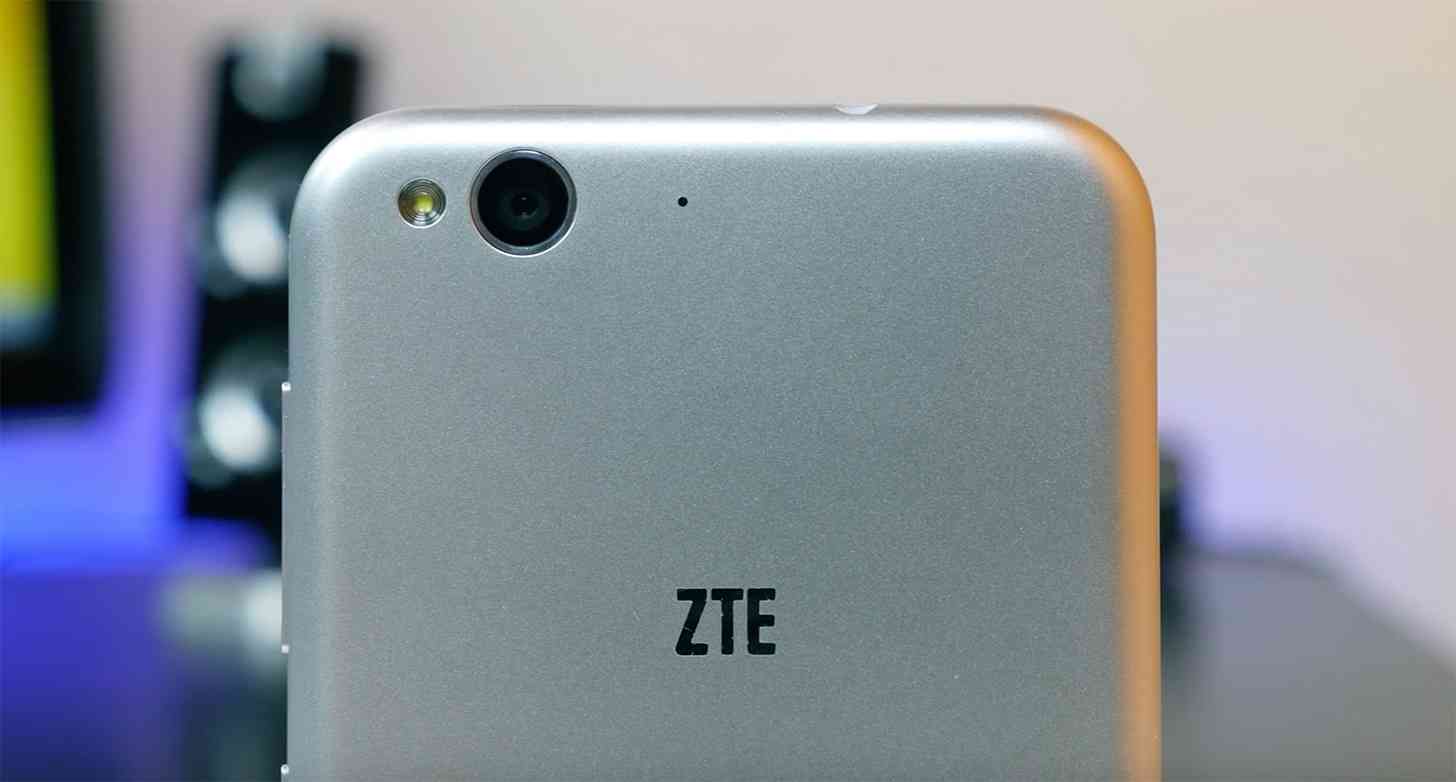
Huawei and ZTE have been the target of national security concerns from the U.S. government this year, and now those concerns have resulted in a ban.
Products from Huawei and ZTE will be banned from use by the U.S. government and government contractors. The ban was included in the Defense Authorization Act, which was signed into place by President Trump this week, and will go into effect over the next couple of years.
The ban means that the U.S. government cannot use components or services from Huawei and ZTE that are "essential" or "critical" to the systems that they're in. That means that this isn't a complete ban, as Huawei and ZTE parts can be used in services as long as they're not used to route or view data.
Also of note is that this bill instructs government agencies to prioritize funding to help businesses that'll have to make changes to the technology they use due to this ban.
In response to the ban, Huawei called it "ineffective, misguided, and unconstitutional", adding that it'll increase costs for consumers and businesses.
Both Huawei and ZTE have been targets of U.S. government lately. Huawei was set to launch its flagship Mate 10 Pro on AT&T and Verizon early in 2018, a move that could've been a big break for the company, but ultimately both carriers backed out of plans to sell the phone allegedly due to pressure from the government. And then there was the whole saga with ZTE, which faced a ban that prevented it from buying parts from U.S. companies that was lifted after a few months. Now it looks like both Huawei and ZTE products will face a ban from the U.S. government, and while it's not a complete ban, it's still not great news for either company.